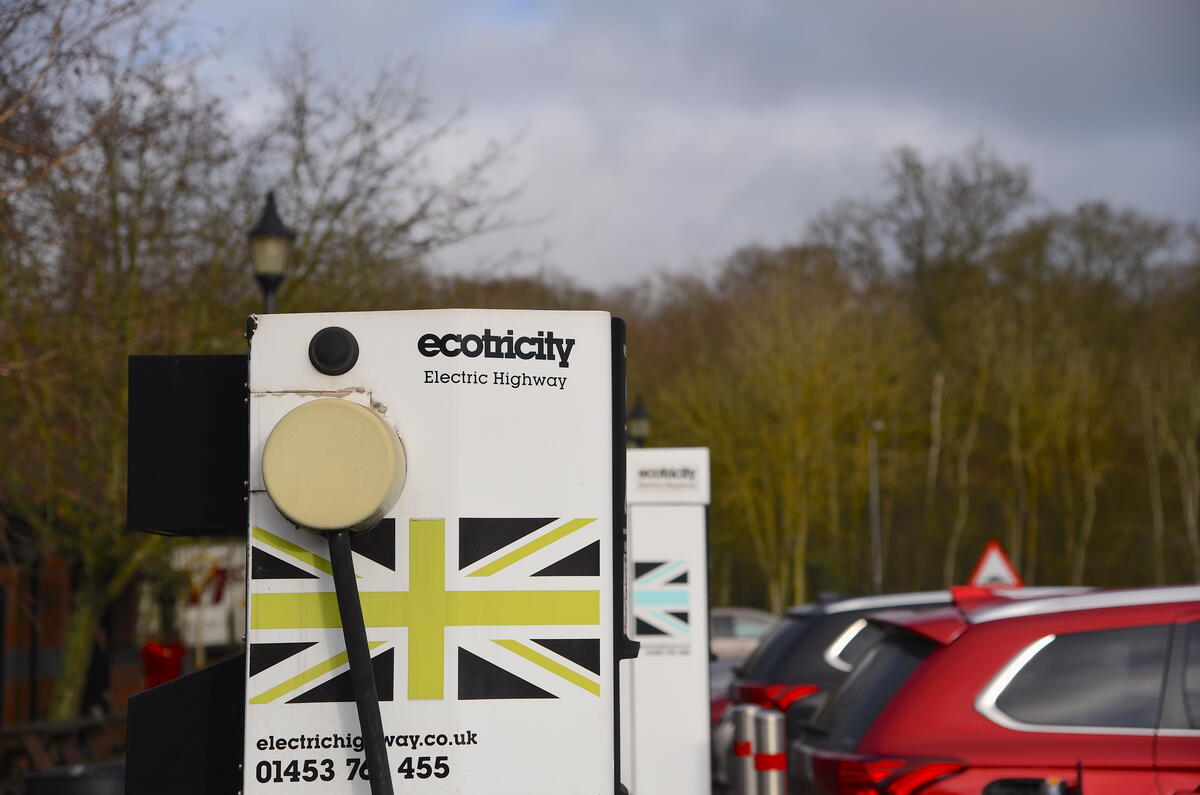The announcement on Friday that the UK government would help fund an increase of public EV chargers to reach a target of 300,000 by 2030 was cautiously welcomed by car makers, but many are still concerned that they remain in the dark about imminent legislation surrounding the switch to EVs that will hurt them and their customers.
The government put the burden of responsibility on car makers to accelerate EV sales by announcing the ban on pure-ICE cars and vans by 2030. That hasn’t been helped by successive cuts in the purchase grant for EVs to just £1500, coupled with a reduction in the maximum price that has cut the number of EVs eligible to just 20.




Join the debate
Add your comment
Lisa Brankin is right...."its a bit one sided at the moment"
Essentially the Government has created an arbitery deadline date, with absolutely no idea how they or the Industry will acheive this. Create chaos and then pass the ball to the Industry to deal with.
What happens when the public realise that they have been 'suckered' into the illusion of cheap running costs for EV....i.e. removal of tax benefits, reduction/removal of incentive grants, the spiralling cost of electricity plus the inevitable taxation (either mileage or added to the cost of electricity), and the removal of free charging points. Suddenly it all looks less attractive and the decision scales can all too quickly swing the other way with buyers sticking with Itheir ICE vehicles until say 2035 or more.
There is so much mis-information from Government propoganda....the most outrageous stating that there were now more EV charging points than petrol stations!....ommitting to mention that even smaller ststions have at least 12 pumps and larger ones 30 or more - each only being occupied for 5 minutes, meaning that even a small service station can handle over 100 fuel refills in a 45 minute session to each EV charging point recharging one vehicle.
This type of blatant Govt B-S does little to further the cause.
I predict the implementation date of 2030 will be put forward by at least five years, otherwise vehicle sales will stall and car companies will suffer as a result of very low sales.
Even with fuel at £2-50/litre.
You mean Autocar journalists arnt thick stupid Luddite's?
The Dunning-Kruger is very strong in you! It's as if those so called Autocar journalists know what they're talking about and you don't. Neatly exemplified by I presume you meant the implementation date would be put BACK not forward five years?
And good if sales fall for makers of obsolete ICE cars. Won't be long before VW sell more ID3s than Golfs. Others have 13 years to get on with it.